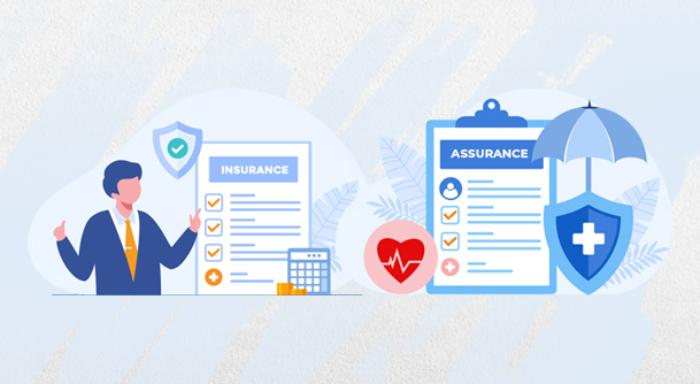What Happens if the Insured Dies Right After Buying a Life Insurance Policy?
Blog Title
1325 |
11/6/25 11:12 AM |
When you buy a life insurance policy, you want to protect your family’s future. You want to make sure they get financial support if something happens to you. But what if you die soon after buying the policy? Will your family still get the benefits?
In this blog post, we will discuss what happens if the insured dies right after purchasing life insurance. It also tells you what you need to know about claiming the benefit.
Can You Claim Life Insurance Benefits Soon After Buying a Policy?
Yes, the policyholder can claim life insurance benefits even if death happens after buying the policy. Your life insurance starts protecting your family from the moment the policy becomes active. Your family can receive the death benefit to pay for costs like funeral expenses, loans, or daily needs.
Some people worry that insurance companies may refuse claims made soon after buying. However, the coverage usually begins immediately. The insurer may check the claim carefully if death occurs early in the policy. This review helps prevent fraud or mistakes.
Different Types of Death and How They Affect Claims
The cause of death can affect how quickly and smoothly a life insurance claim is paid. Accidental deaths usually get prompt payouts, while deaths from illness may require more investigation. Suicide within the initial policy period often comes with specific exclusions.
Accidental Death
If the insured dies in an accident, the insurer usually pays the claim right away. For example, if you buy a term insurance plan and die in a car crash a week later, your family should get the payout. The insurer pays as long as you keep your premiums up to date.
Death Due to Illness or Natural Causes
The insurer may investigate if the insured dies from illness or natural causes after buying the policy. They will check if you told the truth about your health during the application. If you have a serious illness, the insurer can reject the claim.
The Suicide Clause Explained
If death is due to suicide within the first 1-2 years, most life insurance policies don’t pay. This rule is called the suicide clause. It helps prevent misuse of the policy. After this period, suicide usually counts as a covered cause of death.
Understanding the Contestability Period
The contestability period usually lasts two years from the policy start date. During this time, the insurer can review claims in detail. They check the application, medical records, and other documents to make sure everything is correct.
If the insurer finds that you gave wrong or incomplete information, they can deny the claim during this period. But if all information is accurate, the insurer pays the death benefit to your family.
The Role of Full Disclosure and Medical Underwriting in Claims
When you apply for life insurance, you must answer questions about your health and lifestyle honestly. The insurer uses this information to assess risk and set your premium.
You should never hide important details. If you do, your claim may get rejected later. Medical underwriting helps the insurer check your health by reviewing medical reports or asking for tests.
Being truthful ensures that you get the right coverage. It also ensures your family receives the benefit when they need it.
Can Claims Be Denied? What are the Common Reasons?
An insurer may reject claims if:
- You did not disclose pre-existing health problems.
- You missed premium payments.
- The death occurred during the suicide exclusion period.
- The claim form has incorrect or incomplete information.
To avoid claim rejection, always fill out the forms carefully.
Final Thoughts: What You Need to Know When Buying Life Insurance
Buying life insurance helps protect your loved ones from financial hardship. Your policy usually works even if death happens soon after purchase. It especially covers accidental deaths without delay.
To avoid problems,
- Tell the truth during the application.
- Pay your premiums on time.
- Keep your beneficiary details updated.
- Read the policy carefully to understand all the rules.
Consider buying an online term insurance policy or a unit linked insurance plan from a trusted company. These products give you good protection and may offer savings benefits. Life insurance helps your family stay secure no matter what happens.






